TTC Video – Moral Decision Making – How to Approach Everyday Ethics
TTC Video – Moral Decision Making – How to Approach Everyday Ethics [24 mp3]
[24 MP3]
Description
The Great Courses Presents: Moral Decision Making: How to Approach Everyday EthicsWhat does it mean to live a good life? If we want to live ethically, it stands to reason that our daily habits and overall goals must align themselves with a certain moral code. Is it ethical to pursue money, property, and social status? Do we have a moral obligation to give to charity, take care of our aging parents, or shop locally? Where is the line between personal freedom and societal good?These questions and more are at the heart of what it means to be a human being in our world today. We are constantly faced with ethical challenges, whether or not we’re aware of them. As such, we make important ethical decisions all the time—as professionals, consumers, citizens, parents, sons and daughters, and friends. Yet as we go through our daily lives, we seldom take the time to consider the wide-ranging implications of our actions. What’s more, many of us have never had any formal training in ethics, which means we may not have the right philosophical framework to think through some of our most complex decisions.Moral Decision Making: How to Approach Everyday Ethics offers you the chance to reflect on some of the most powerful moral issues we face—as well as providing a framework for making the best decisions that will lead to a happier, more fulfilling life. Over the course of 24 thought-provoking lectures, Professor Clancy Martin of the University of Missouri–Kansas City introduces us to a variety of ethical “case studies”—the kind of difficult situations we have all faced at some point—and he shows us how great thinkers, from Socrates to Nietzsche to Bonhoeffer, approached similar problems.Are profits and property the highest moral ends? When is it OK to lie? How should we handle heartbreak? There are no easy answers, but with an engaging blend of philosophical history and theory as well as real-world applications, Moral Decision Making: How to Approach Everyday Ethics provides an ideal framework for living the good life—for ourselves, for our family and friends, and for society at large.Ancient Roots, Contemporary ApplicationsPhilosophers have been wrestling with morality for at least 5,000 years, and Professor Martin clearly disseminates the wisdom of the world’s great thinkers from across the ages and around the world. In this course, you willapply Aristotle’s range of thought to questions of individualism, social status, and generosity;learn what Kant’s “categorical imperative” means for personal relationships and the contract of marriage;see how Locke’s theory of property paved the way for a revolutionary new system of government;contrast John Rawls’s and Robert Nozick’s theories of liberty and social justice;find out why Andrew Carnegie said it was immoral to give money to panhandlers;study the teachings of Eastern thinkers, including Confucius, Xunzi, Mencius, and the Buddha;consider what a utilitarian calculus implies about genetic enhancements and torture.In addition to examining the views of historically great philosophers, Professor Martin draws from 20th-and 21st-century thinkers from other fields, including economics, theology, business, psychology, and evolutionary biology. You’ll meet such figures as these:John Maynard KeynesFriedrich HayekDietrich BonhoefferLawrence KohlbergCarol GilliganKenneth ArrowPeter SingerMartha NussbaumBy introducing such a diverse array of thinkers, Professor Martin provides a complete picture of various ethical schools and approaches. But the real beauty of this course is in the way he applies this rich philosophical overview to our contemporary lives.To take one example, Professor Martin notes in a discussion on gossip that “almost every conversation is a moral act.” Every time we have a discussion with someone, we are choosing, consciously or otherwise, whether to lie, or to gossip, or simply to engage in idle chatter when we could be doing some other, more enriching task.With the right philosophical background, we can learn to recognize these moments, which will lead us closer to living the “good” life.Keep an Open Mind in Everyday DilemmasAccording to Professor Martin, the trick is to understand that the mind is like a parachute; it only works when it’s open. Rather than take a side in any particular debate, this course provides a framework for thinking through a host of debates and dilemmas from all sides. You’ll explore all the ins and outs of issues such as these:Business ethicsPropertyLove and marriagePrivacyGenetic engineeringCapital punishmentAnimal rightsRecyclingThe rapid advances in technology, from the medical world to social media, have created new ethical situations to navigate. Where is the line between privacy and security in a state where snooping is so easy? What obligations do we owe our aging parents, who might be reliant on our help? Do people have the right to die a “good death”? If so, what is the best way to make that happen? What are the ethical guidelines for genetic engineering?These challenges are part of our modern world, and simply by living in our society, we all will confront some of these questions. It might seem that historical thinkers like Plato, Rousseau, and John Stuart Mill would have little to say about such contemporary dilemmas, but Professor Martin extrapolates from their ideas and shows how old methods can be used to solve new problems.Rich Storytelling Brings These Case Studies to LifeProfessor Martin’s approach in this course is to present an ethical question—for instance, is it acceptable for a pharmacist to refuse to fill a prescription for the morning-after pill on conscientious objection grounds?—and then to step back and interrogate the issue, bringing in ideas from different philosophers to highlight arguments on all sides of the debate.Engaging stories and thought experiments put you in the shoes of someone facing a real-life dilemma, showing how different theories play such an important role on the stage of our everyday lives. The philosophers he references may have been speaking abstractly about liberty, property, conscience, and more, but the narratives in this course make complex philosophy easy to understand.Professor Martin is a wonderful storyteller, and he himself has had a colorful and exciting life, particularly in business. He recounts stories of his travels and business ventures, making himself both a character in the thought experiment and a sympathetic guide. Without judgment, he helps you open the parachute of your mind and shows you how to navigate the age-old question of how you should live.24 Lectures:Lecture 1: Why Be Good?Lecture 2: Is It Ever Permissible to Lie?Lecture 3: Aren’t Whistle-Blowers Being Disloyal?Lecture 4: What’s Wrong with Gossip?Lecture 5: Do I Have an Obligation to Be Healthy?Lecture 6: Can I Sneak a Grape or Two While Shopping?Lecture 7: Is It Wrong to Make as Much Money as I Can?Lecture 8: What Are My Obligations to the Poor?Lecture 9: Can We Do Better Than the Golden Rule?Lecture 10: Why Can’t I Just Live for Pleasure?Lecture 11: Why Can’t I Date a Married Person?Lecture 12: Are Jealousy and Resentment Always Wrong?Lecture 13: What Are the Rules for Respecting Privacy?Lecture 14: What Do I Owe My Aging Parents?Lecture 15: Should I Help a Suffering Loved One Die?Lecture 16: Is Genetic Enhancement “Playing God”?Lecture 17: Is Conscientious objection a Moral Right?Lecture 18: Is It Always Wrong to Fight Back?Lecture 19: Should the Death Penalty Be Abolished?Lecture 20: Is Torture Ever Acceptable?Lecture 21: Do Animals Have Rights?Lecture 22: Why Should I Recycle?Lecture 23: Does It Matter Where I Shop?Lecture 24: What Would Socrates Do?Reviews:”I give this course an easy 5 stars on all counts. It’s a perfect delivery of a very important subject. I wish all businesses would add this set to their library.The course covers very important moral and ethical issues in a very even handed fashion. The lectures never turn preachy. In fact, after presenting various points of view on a given ethical topic, listeners are free, and largely guilt-free, to draw their own conclusions.This course has two notable features. First, it’s not a shallow discussion of obvious choices. I think most of us know that stealing is wrong. The discussions are far deeper and more interesting than I anticipated.Second, professor Martin discusses many of his own, very personal moral decisions. He makes the issues real.This course is a steal—a moral steal. So steal it. It will serve you, your business and your family well.””Overall pleasant and instructive. The professor presents the topics in a lively and humorous way. Of course, no big surprises, it’s wrong to cheat on one’s partner or not to care for one’s elderlies. The Professor makes the subject matter interesting and concrete. My only reproach is that he sometime attempts to cover too much material, (Lecture 12 for instance mentions : Proust, Solomon, Sartre, Nietzsche and Hume!#. which may lead #seldom) to the loss of a clear focus and some vagueness with respect to the claims made.But on the whole I would unreservedly recommend it, especially if you are new to ethics, although while being a philosophy major myself I did learn quite a few things.”
You must be logged in to post a review.

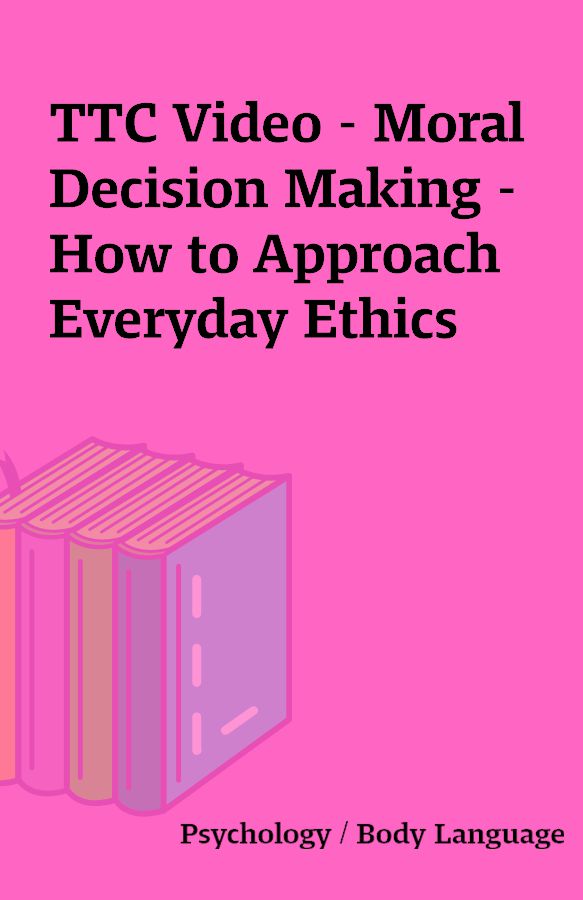
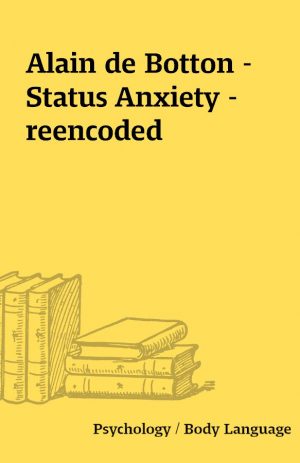
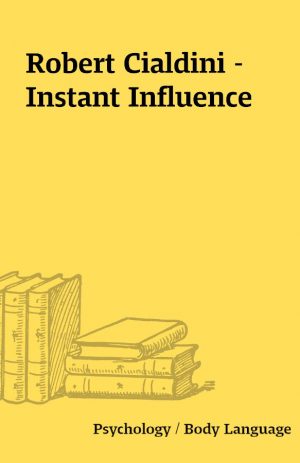
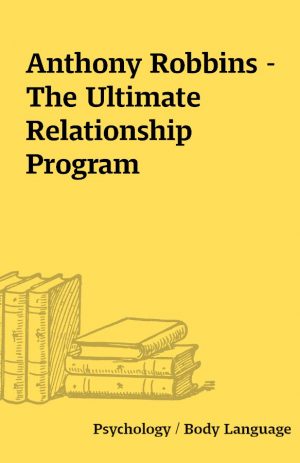
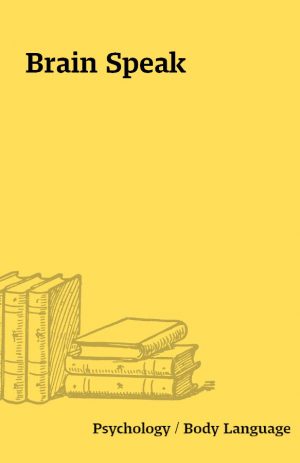
Reviews
There are no reviews yet.